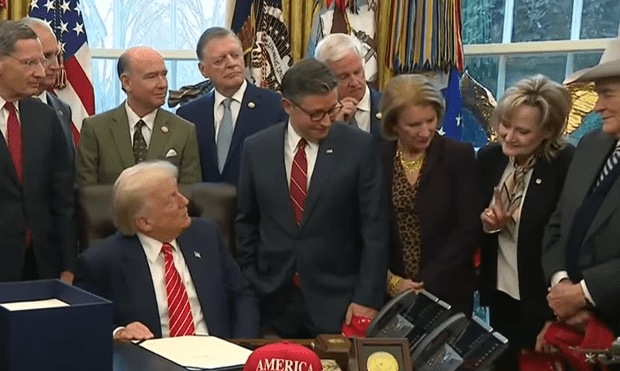NMC: Some Thoughts on the Paul Minor oral argument
The primary issue was about what exactly was required for the government to prove a quid pro quo. Did the government have to prove an actual exchange of promises at the time of the payment (that is, at the time Minor signed the loan documents)? Minor’s side is arguing that the jury instructions were defective because they did not require the jury to prove that there was a deal to get the benefit of a ruling struck at the time of the payment. He’s arguing that there has to be something quite like a bargained for exchange of promises, and not a loose acquisition of good will (as it were) producing the later ruling. The Government is arguing that the instructions allowed the jury find that Tell and Whitfield were going to rule favorably in some unknown case later, and that is enough.
The questions from the court were interesting. Judge Haynes closely questioned Minor’s lawyer, Abe Lowell, about whether signing off on someone’s loan could really be called a “campaign contribution.” He said: “I’m having trouble understanding how guaranteeing a loan for somebody’s house has anything to do with the campaign contribution.”
The problem Judge Haynes was keying in upon was that these weren’t normal campaign contributions– and with Judge Whitfield, weren’t even used for the campaign. Lowell’s answer was essentially that this was what a properly instructed jury would have to decide– a decent answer. I’m having a little trouble deciding how the defense jury instructions might look. I understand the argument for requiring an exchange in the basic bribery instruction. But then shouldn’t the jury be told there’s a diference between a contribution and an under-the-table payment? That sounds like dangerous turf for the defense, particularly in this case.
NMC 4/2/9







